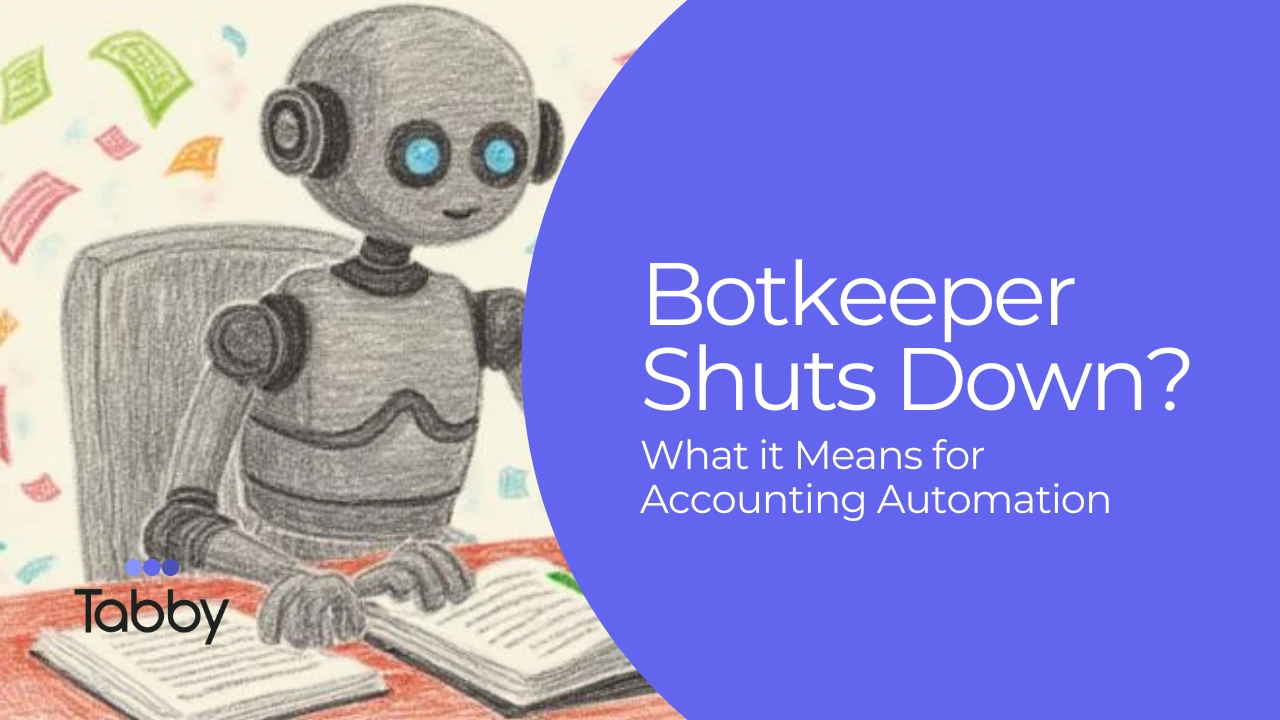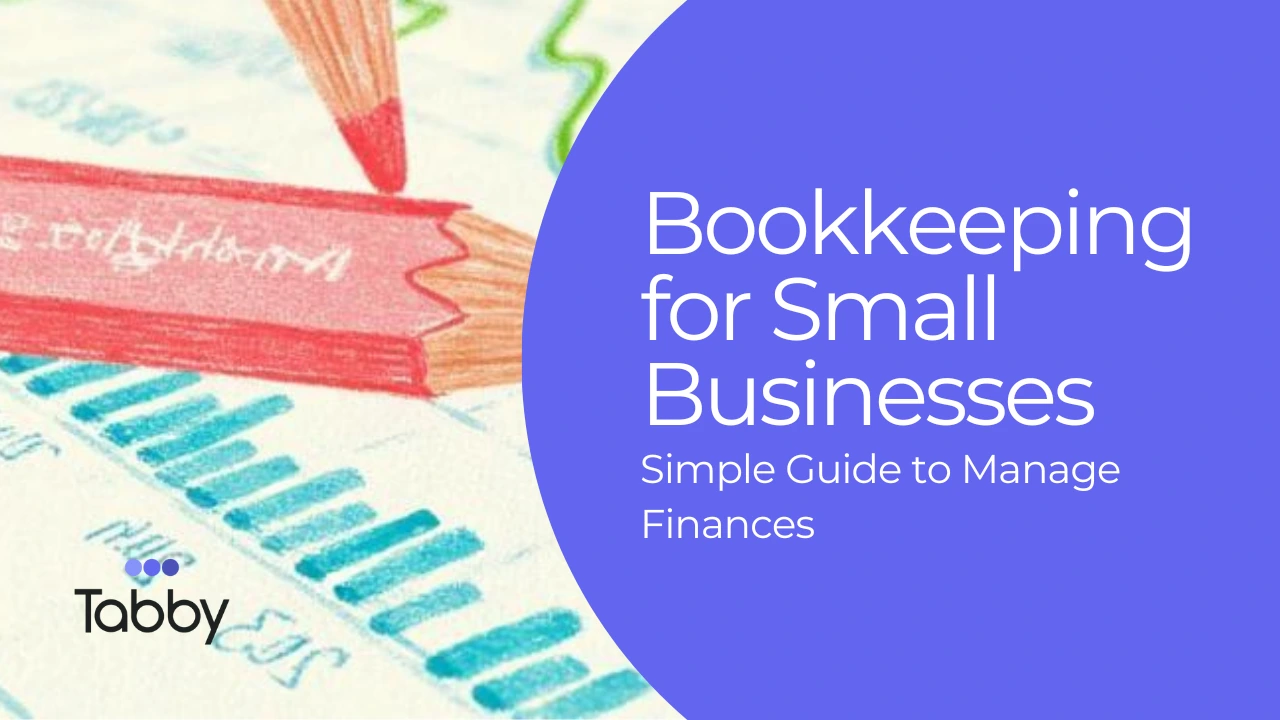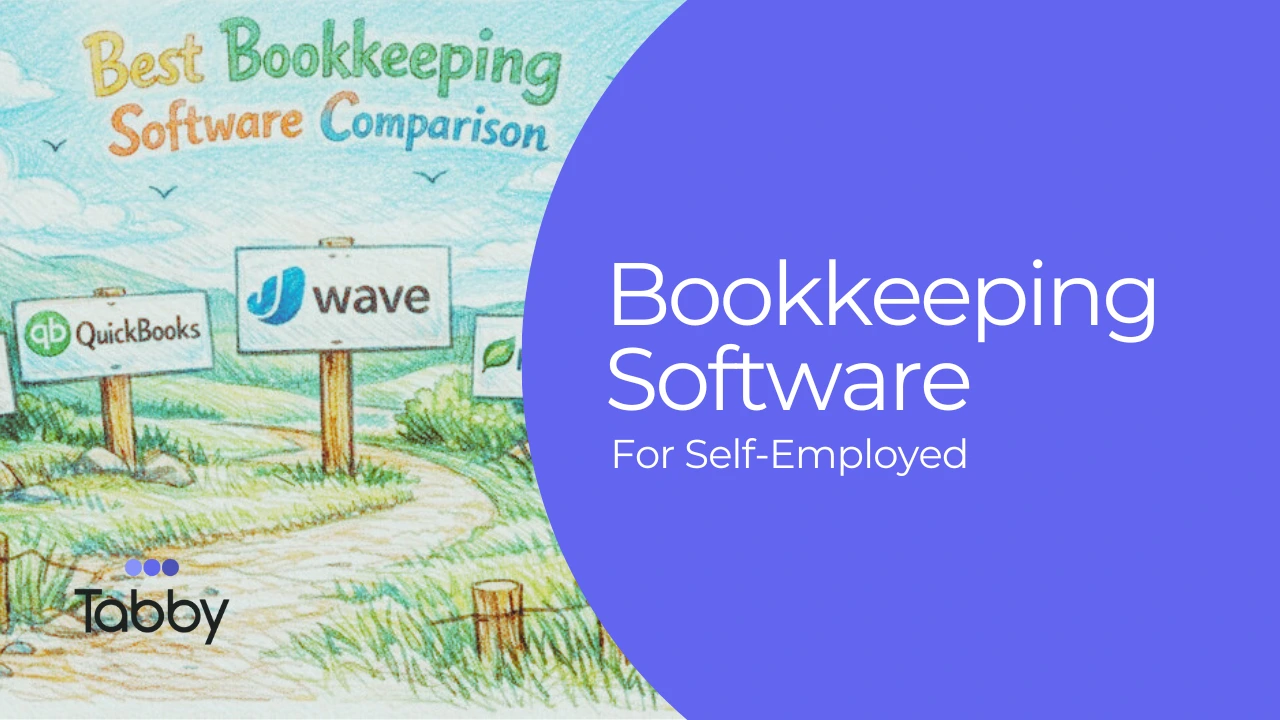Introduction
When it comes to 1099’s, the two most popular ones are 1099-NEC and 1099-MISC. Now each of them is actually reported differently for tax purposes, so people tend to confuse these. And when they confuse these, the end result is not good because then you end up misreporting your income on your tax return, and then IRS letters will follow, and then you have to make amendments, and it’s a whole big mess. So I wanna take this time to clarify, in very simple terms, the key differences between these documents, how you report them on your tax return, and this is based on my experience over the last 10 years of working with thousands of self-employed individuals who usually get one of these tax documents.
What Is a 1099-MISC?
You get a 1099-MISC when you receive income that is not generally self-employment income. This income could be rent, royalties, prize money, or even a bonus, or any other type of income.
When it comes to 1099-MISC, this income is generally not subject to self-employment tax (Medicare and Social Security tax, which is about 15.6%). This income is just subject to federal income tax, and then it’s subject to state income tax if you live in a state with income taxes.
One of the key differences is that you cannot deduct write-offs or business expenses from this income like you would with a 1099-NEC. The exception is when it comes to rent.
- If you have a 1099-MISC with rent income, that rent income goes on Schedule E. On Schedule E, you’re allowed to deduct all your rental-related expenses like mortgage interest, property tax, insurance, repairs, utilities, depreciation, home office, and even car expenses.
- But if the 1099-MISC is for something like other income or royalties, then you just report that on your 1040 directly and pay the tax, because deductions are generally not allowed.
That’s the biggest difference — where you report the income on your tax return and whether deductions are allowed or not.
What Is a 1099-NEC?
1099-NEC stands for “Non-Employee Compensation.” You get this when you are not an employee (employees get a W-2). This is when you work as a freelancer, independent contractor, or someone hired on a contract basis to work for a company.
The main thing to know about the 1099-NEC is:
- You can take write-offs and business deductions from this income.
- You don’t have to pay tax on the full amount, only on the net income after expenses.
- You must also pay self-employment tax (Social Security + Medicare = 15.6%) on the net income.
So if you receive a 1099-NEC, your income gets reported on Schedule C. You subtract your expenses, and the profit left is subject to federal income tax, state income tax (maybe city too, like NYC), and self-employment tax.
That’s why keeping track of expenses is key. And using automated bookkeeping software like Tabby helps maximize write-offs so you pay the lowest taxes possible.
Key Differences Between 1099-MISC and 1099-NEC
- Self-Employment Tax
- 1099-NEC income is subject to self-employment tax.
- 1099-MISC income is generally not subject to self-employment tax.
- 1099-NEC income is subject to self-employment tax.
- Write-Offs
- 1099-NEC: You can deduct expenses and write-offs.
- 1099-MISC: Usually you cannot, except for rental income on Schedule E.
- 1099-NEC: You can deduct expenses and write-offs.
- Reporting on Tax Return
- 1099-NEC: Reported on Schedule C.
- 1099-MISC: Depends on the type of income.
- Rent → Schedule E
- Prize/award/royalties → directly on 1040
- Rent → Schedule E
- 1099-NEC: Reported on Schedule C.
When Freelancers Receive 1099-MISC vs 1099-NEC
Generally speaking, if you’re a freelancer, you’re going to get a 1099-NEC. That’s because it’s earned income — you are actively working for the money. In 90% or more of cases, freelancers will get a 1099-NEC.
But in some cases, you may receive a 1099-MISC — for example, if you receive prize money, royalties, or rent income.
If you get a 1099-NEC, you may also need to pay quarterly estimated taxes. The IRS requires this if you expect to owe more than $1,000 in taxes.
That’s why it’s important to track write-offs with software like Tabby so you don’t overpay.
When Small Businesses Receive 1099-MISC vs 1099-NEC
Small businesses usually don’t receive 1099-NEC unless they are sole proprietors. Corporations generally do not. Instead, small businesses are more likely to receive a 1099-K from payment processors like Square, Stripe, or PayPal.
Some small businesses may get a 1099-MISC if they earn rental income, royalties, or other miscellaneous payments. But 1099-NEC is mostly for individuals or sole proprietors providing services.
Common Mistakes to Avoid
- Reporting income in the wrong place on the tax return.
- 1099-NEC → Schedule C
- 1099-MISC with rent → Schedule E
- 1099-MISC with prizes/awards → 1040 directly
- 1099-NEC → Schedule C
- Forgetting deductions when you have a 1099-NEC. This makes you overpay taxes.
- Missing deadlines: If you hire contractors, you must issue 1099 forms by January 31.
How Tabby Simplifies 1099 Taxes
When you work with 1099 income, you need to track every write-off to lower your taxes. Tabby makes this easy:
- It finds deductions automatically, even in personal accounts.
- It connects directly to your bank and credit cards.
- It prepares a year-end report for your accountant (or for you if you file yourself).
This saves you from scrambling during tax season.
Conclusion
So in conclusion, I hope it’s now clear the difference between the two 1099 forms — the MISC and the NEC. Knowing which one you’re expecting helps you report it correctly on your tax return.
And remember — use AI bookkeeping software like Tabby to track your write-offs automatically, so you don’t overpay taxes or stress at tax time.
FAQ
What is the difference between 1099-MISC and 1099-NEC?
The difference is pretty simple. A 1099-NEC is when you did actual work and got paid for it, like freelancing, consulting, or gig work. If a client paid you $600 or more for your services, you’ll get a 1099-NEC. A 1099-MISC is for other kinds of income like rent, royalties, prize money, or certain legal payments. So NEC is for services you performed, MISC is for all the other random income that doesn’t fit into that.
Who should receive a 1099-NEC in 2025?
Anybody who is self-employed and got paid $600 or more from a client or business. So if you’re a designer, a consultant, a contractor, or just doing work on your own and not as an employee, you’ll get a 1099-NEC. The threshold is still $600 in 2025, that hasn’t changed.
When is a 1099-MISC used instead of a 1099-NEC?
It’s used when the money wasn’t for services. So if you’re collecting rent, or you got royalties, or maybe you won a prize, that’s when you’ll see a 1099-MISC. It’s not tied to you working a job or providing a service — it’s just miscellaneous income that the IRS still wants you to report.
How can Tabby help freelancers manage multiple 1099 forms?
Most freelancers I’ve worked with don’t just get one form — they get a bunch of 1099-NECs from different clients, maybe a 1099-K from PayPal or Uber, sometimes even both. It gets messy fast. What Tabby does is pull everything into one place. It connects to your accounts, keeps track of the income, makes sure you don’t double count, and finds your deductions too. At the end of the year you’ve got one report that makes tax time way easier and way less stressful.



